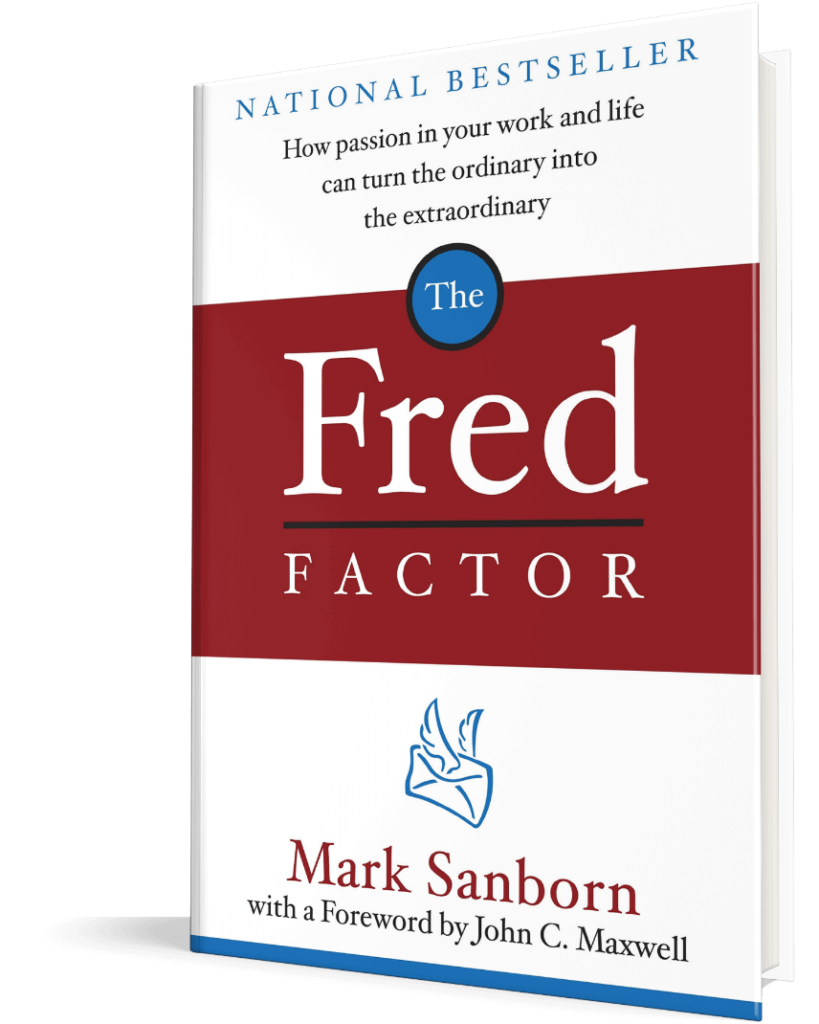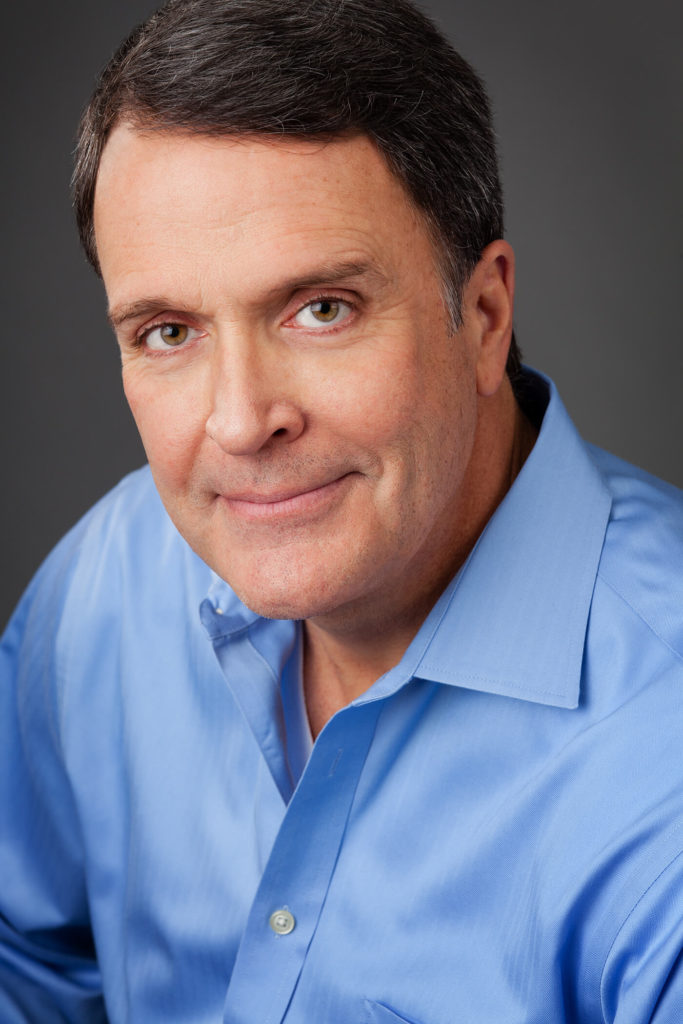I was taken back. I’d been receiving mail for most of my life, but I had never received anything like this kind of an introduction from my postal carrier. But it did impress me as a nice touch.
I replied, “I’m a professional speaker. I don’t have a real job.”
“If you’re a professional speaker, you must travel a lot,” said Fred.
“Yes, I do. I travel anywhere from 160 to 200 days a year.”
Nodding, Fred went on. “Well, if you just give me a copy of your schedule, I’ll hold your mail and bundle it. I’ll only deliver it on the days that you are at home to receive it.”
This was amazing! But, as I told Fred, that was probably not necessary. “Why not just leave the mail in the box on the side of the house?” I suggested. “Then I’ll pick it up when I come back into town.”
Fred explained, “Mr. Sanborn, burglars often watch for mail building up in a box. That tells them that you’re out of town, and you might become the victim of a break-in.”
Fred was more worried about my mail than I was! But after all, I realized, he was the postal professional.
He continued, “Here’s what I suggest. I can put mail in your box as long as the lid closes. That way nobody will know that you’re gone. Whatever doesn’t fit in the box, I’ll put between the screen door and the front door. Nobody can see it there. And if that area becomes too full of mail, I’ll just hold the rest of it for you until you come back into town.”
At this point I started to wonder: does this guy really work for the U.S. Postal Service? Maybe this neighborhood had its own private mail delivery service. Still, Fred’s suggestions sounded like a terrific plan to me, so I agreed to them.
Two weeks later I returned home from a trip. As I put the key in my front door lock, I noticed that my doormat was missing. I was puzzled; I doubted that anyone was actually stealing doormats in Denver. I looked around on my front porch and I found my doormat in the corner.
It was covering something.
Here’s what had happened: While I was gone, UPS had misdelivered a package sent to me. The box was left on somebody else’s porch five doors down. Lucky for me, Fred the Postman was on the job. Noticing my box on the wrong porch, he picked it up, carried it down to my house and put it out of view. He also attached a note explaining what had happened, and then tried to make it less noticeable by placing the doormat over it. Not only was Fred delivering the mail, he was now picking up slack for UPS!
His actions really struck me. As a professional speaker, it is easy to find and point out what’s “wrong” with quality, customer service and business in general. Finding examples of what’s “right,” or even praiseworthy, is much harder. Yet here was Fred, a gold-plated example of what personalized service looked like and a role model for anyone who wanted to make a difference in his or her work. Because of Fred’s example I started sharing my experiences with him in speeches and seminars I presented across the country. Everyone, it seemed, wanted to hear about Fred, whether they were in a service business or manufacturing, high tech or healthcare. Audiences were enthralled and inspired.
Back at home, sometimes I had a chance to share with Fred how his work was inspiring others. I told him about a discouraged employee who had been receiving no recognition from her employers. She wrote to tell me that Fred’s example inspired her to “keep on keeping on” and doing what she knew in her heart was the right thing to do, regardless of recognition or reward.
I related the confession of a manager who pulled me aside after one speech to tell me he never realized that his career goal all along was to be “a Fred.” He believed in excellence and quality as the goal of every person in any business or profession.
And I was delighted to tell him that several companies created a Fred Award to present to employees who demonstrated the same spirit of service, innovation and commitment that he did. Someone once sent Fred a box of homemade cookies, care of my address!
As for myself, I wanted to thank Fred more formally for his exceptional service. When Christmas rolled around, I left a small gift in the mailbox for him. The next day, when the mail was delivered, I found an unusual letter in my box. The envelope had a stamp on it, but the stamp wasn’t canceled. That’s when I noticed the return address. The letter was from Fred the Postman.
Fred knew it was illegal to put a letter that wasn’t posted in the box. So, even though he personally carried it from his house to my house, he still put a stamp on to keep it legal.
The letter said, in part, “Dear Mr. Sanborn, Thank you for remembering me at Christmas . . . I am flattered you talk about me in your speeches and seminars. I hope I can continue to provide exceptional service. Sincerely, Fred the Postman.”
Over the next ten years, I received consistently remarkable service from Fred. I could always tell the days when he wasn’t working my street just by the way the mail was jammed in my box. When Fred was on the job it was always neatly bundled.
But Fred also took a personal interest in me. One day while I was mowing the front lawn, a vehicle slowed in the street. The window went down and a familiar voice yelled, “Hello Mr. Sanborn! How was your trip?” It was Fred, off duty and driving around the neighborhood.
To this day, I can’t tell you what motivated Fred. I know he didn’t get paid more for his extraordinary work. I doubt he received any special recognition from his employer (if he did, I never heard about it). I know he wasn’t privy to any exceptional training or incentive programs.
One thing I do know: Fred, and the way he did his job, is a perfect metaphor for anyone who wants to achieve and excel in the 21st century. Truth is transferable, and the four principles I learned from Fred apply to any person in any profession.







